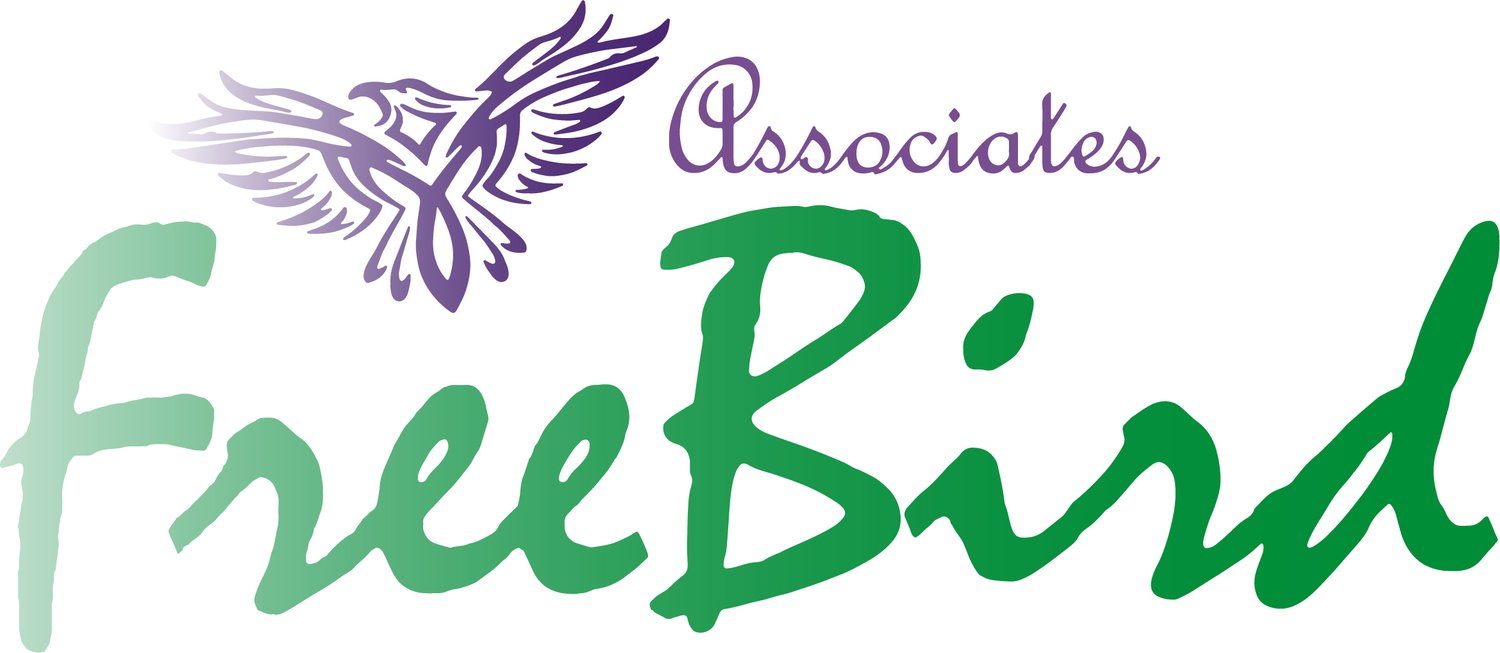‘Do not go gentle into that good night,
Old age should burn and rave at close of day;
Rage, rage against the dying of the light.’ Dylan Thomas
The poem above, written by Dylan Thomas in 1947, was inspired by his father who was nearing the end of his life. I am reminded of it now, as we approach the first anniversary of my own father’s death. He had vascular dementia and in the last months of his life he both ‘raged’ and ‘went gently’ into that good night. And I raged and went gently with him.
I raged at the bureaucracy, the ‘labels’ attached to him, and the lack of anything resembling person-centred care. I raged at a hospital who seemed incapable of listening to my argument that maybe, just maybe, his ‘aggression’ was due in part, not to his illness, but to his frustration at being cooped up, against his will, in a hospital ward for months. I raged against the assumption that, because he had a dementia, he had no capacity to make his own decisions and, having Lasting Power of Attorney, people asked me to make them for him. ‘Have you asked HIM’, became my mantra, as we weaved a troubled path through options for the future.
But … along with all the raging there were also some wonderful times. Wonderfully gentle times, when we would sit and talk together, or just ‘be’ in companionable silence. The subjects of conversation were often apparently random and, as his ability to express himself diminished, I frequently had to play guess the topic. But we connected in a way that we hadn’t done since I was a child – solely in the ‘here and now’, no past, no future, just these precious present moments. And, as the rage leaves me, these are the memories I am left with, the gentle walk together to the final ‘goodnight’.
Once we had finally managed to negotiate his ‘release’ from hospital, dad was admitted to a local nursing home, where, (surprise surprise!), the aggression disappeared and the gentle affable man who was my father resurfaced. He died two weeks later, and I will be forever comforted by the knowledge that in those two weeks he was surrounded, not by bureaucracy, systems, and flow charts for ‘safer patient bundling’ (whatever that may be!) but by people – people who were prepared to engage with him in what was left of his life. People who invested their energy and emotion into making every day as positive as it could be. My last memory of dad is leaving him, sitting in the dining room, eating carrot cake and custard, with a big grin on his face.
At the end of life, each story is different; some people rage, others go gently, and some do both. It is a great skill to totally ‘be’ with those who are at the end of their life. We often don’t know what to say; we confuse being ‘professional’ with being remote and unemotional; we rely on systems to try and shield us from the emotional pain. Or, we are just trying to hold it all together, because we are reminded of the deaths that have impacted on our own personal lives, deaths that come racing back to us as though they happened only yesterday. Perhaps that is why it is sometimes easier to focus on the processes and tasks than the person. But at what price for the person whose final goodnight is just around the corner?
